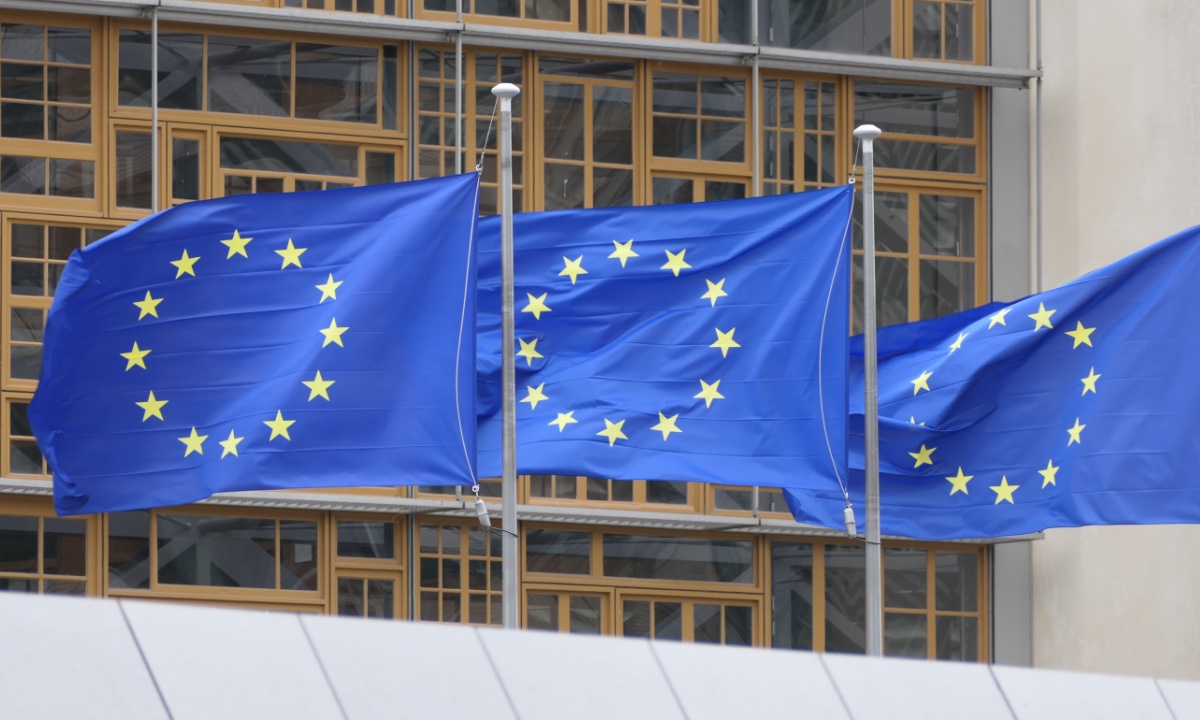
Corning, the US-based manufacturer of Gorilla Glass, has pledged to remove exclusivity clauses from its contracts with mobile phone manufacturers and raw glass processors. This proposal, announced on Monday, is aimed at resolving a European Union antitrust investigation and avoiding potential fines, according to Reuters.
The European Commission began investigating Corning earlier this month over concerns that its exclusive supply agreements might limit competition by sidelining rival glass producers. Gorilla Glass, known for its durability and break resistance, is widely used in mobile phones, tablets, and smartwatches. The company’s customers include major tech players such as Samsung, Sony, Google, Dell, Nokia, and reportedly, Apple as well.
To address the Commission’s exclusivity concerns, Corning has proposed several significant changes to its business practices. The company plans to eliminate all exclusive clauses in its agreements, ensuring mobile phone manufacturers are no longer required to source their alkali-aluminosilicate (Alkali-AS) glass solely from Corning. Additionally, Corning will not offer price incentives conditional on exclusive purchasing agreements. Another key concession includes dropping requirements that customers buy more than 50% of their glass needs from the company.
In a statement, Corning affirmed its commitment to regulatory compliance, saying it works closely with local authorities to maintain transparency and cooperation. “Corning has and will continue to be committed to compliance with all applicable rules and regulations where it does business,” the company stated.
The Commission has invited third parties to provide feedback on Corning’s proposals over the next six weeks. If the concessions are accepted, they will be binding for nine years.
Antitrust breaches can result in substantial financial penalties, with fines reaching as high as 10% of a company’s global annual revenue. By proactively addressing the Commission’s concerns, Corning is aiming to stave off such punitive measures while maintaining its competitive edge in the glass manufacturing sector.
Source: Reuters
Featured News
CFPB Allows Some Operations to Resume Amid Legal Challenge
Mar 6, 2025 by
CPI
NASCAR Accuses Michael Jordan’s Race Team of Illegal Cartel in Legal Battle
Mar 6, 2025 by
CPI
Healthcare Providers Sue BCBS Insurers Over Alleged Collusion
Mar 6, 2025 by
CPI
Indian Distributors File Antitrust Case Against Quick-Delivery Giants
Mar 6, 2025 by
CPI
EU Lawmakers Send Letter Rejecting Claims of Bias in Digital Rules
Mar 6, 2025 by
CPI
Antitrust Mix by CPI
Antitrust Chronicle® – Self-Preferencing
Feb 26, 2025 by
CPI
Platform Self-Preferencing: Focusing the Policy Debate
Feb 26, 2025 by
Michael Katz
Weaponized Opacity: Self-Preferencing in Digital Audience Measurement
Feb 26, 2025 by
Thomas Hoppner & Philipp Westerhoff
Self-Preferencing: An Economic Literature-Based Assessment Advocating a Case-By-Case Approach and Compliance Requirements
Feb 26, 2025 by
Patrice Bougette & Frederic Marty
Self-Preferencing in Adjacent Markets
Feb 26, 2025 by
Muxin Li